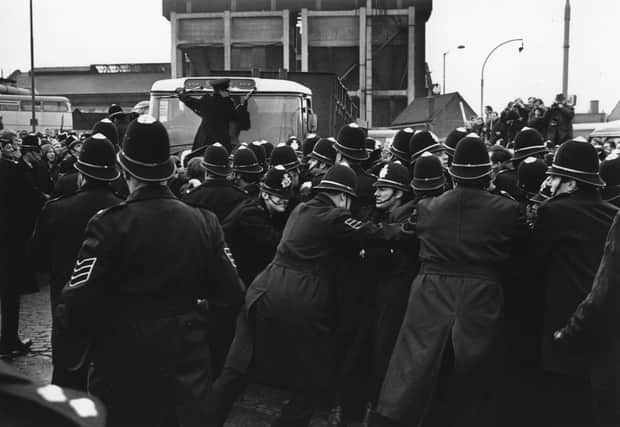The UK is facing the biggest wave of industrial action in decades this winter as workers are set to walk out due to escalating disputes over pay, conditions and terms. Ballots are taking place in a range of sectors while talks in some areas have come too late to avoid disruption.
The winter of strike action will loom across services ranging from the NHS to transport. Railways, postal services, teachers, hospital staff and civil servants are among the public services that will be affected. So with the biggest wave of strike action in decades, we’ve decided to take a look back the 1970s coal strikes in Birmingham.
Wages of miners had, in the 1950s and 60s, been some of the highest in the country, but by the early 1970s this had declined. On 9 January 1972 the National Executive Committee of the NUM called the strike.
The Battle of Saltley Gate was the mass picketing of a fuel storage depot in the city in February 1972 during a national miners’ strike. When the strike began on 9 January 1972, it was generally considered that the miners “could not possibly win.”
Although the confrontation has come to be known as the Battle of Saltley Gate, the picketed depot was actualy located in the adjacent ward of Nechells.
The aim for the miners was to prevent fuel supplies from being transported around the country in an attempt to stop them reaching the locations that depended on them. The strike saw tens of thousands of miners strike for afairer pay system and saw some of the biggest demonstrations of workers power since World War 2.
Having closed every coal mine in the country, the miners’ union sought to leverage its position by ‘freezing’ existing stockpiles of fuel in place, preventing them from being transported to the power stations, businesses and heavy industries that depended on them. By the beginning of February, the tactic was becoming effective and the Central Electricity Generating Board warned that power outages were imminent.
The “last large accessible” stockpile of solid fuel in the country was held by a West Midlands Gas Board (WMGB) coke plant in Birmingham, where up to 700 vehicles were collecting fuel each day for supply to industry.
Around 30,000 engineers and car workers in Birmingham took part in the protests, and 15,000 of them marched to join the miners picketing at the factory.
This significant rise in support led to the closure of the depot, a momentous moment in the strike. It was also after the events at Saltley Gate that the improved wages offer was made to the NUM.
Derek Robinson, or “Red Robbo” as he was dubbed by the media, became synonymous with strikes that also severely affected production at the Longbridge plant in Birmingham in the 1970s. Between 1978 and 1979, the then government-owned British Leyland attributed 523 disputes to Robinson, the factory convenor at Longbridge.
Numerous strikes halted prduction at the plant during the period as workers striked for better pay and conditions.
Here are 9 photos of the strikes in the 1970s.
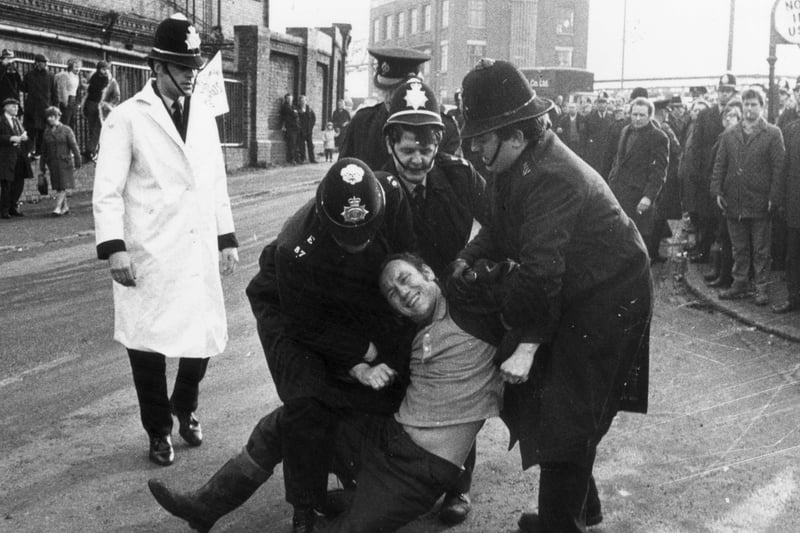
1. A picket being dragged away by policemen
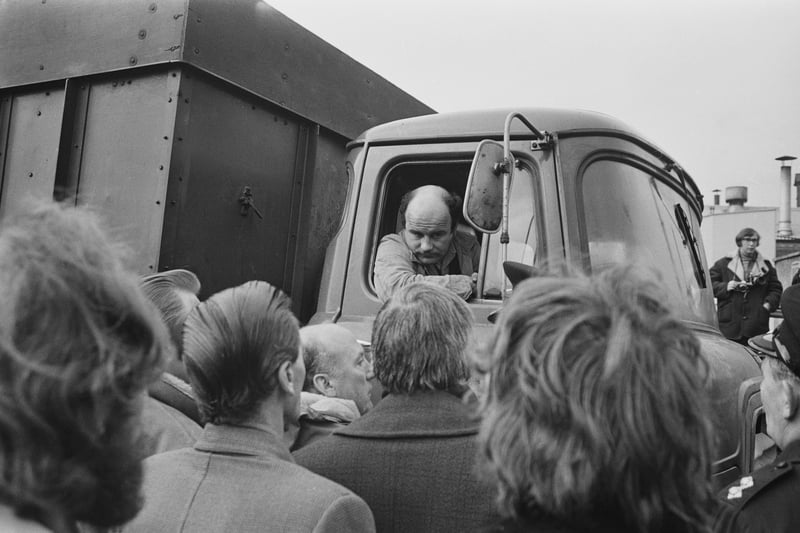
2. A delivery lorry at a picket line outside Saltley coke depot in Birmingham, during a national strike by the National Union of Mineworkers (NUM)
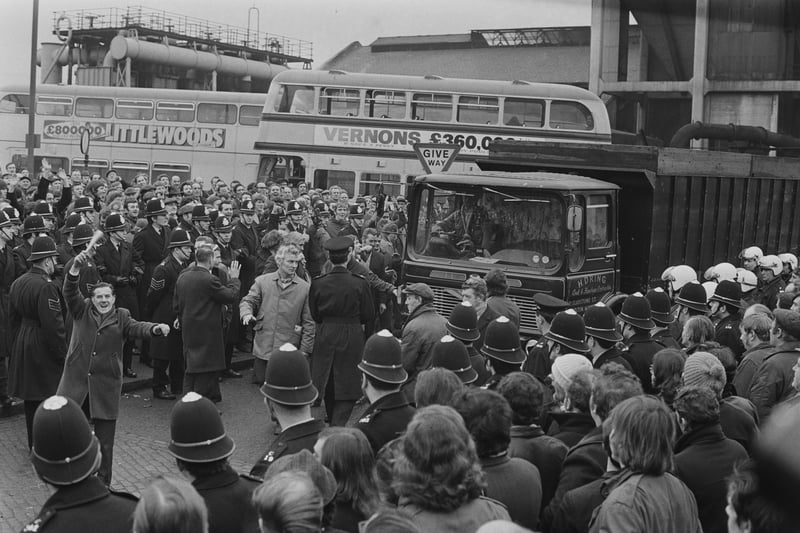
3. A delivery lorry at a picket line outside a coke depot where tens of thousands of workers joined the strikes
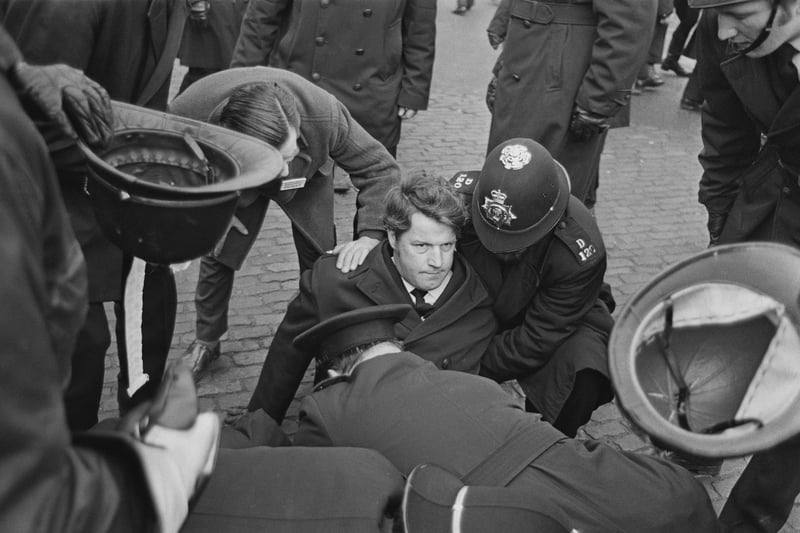
4. Fellow police officers attend to Chief Inspector Frank Shelley after his leg was broken by a lorry outside the coke depot
